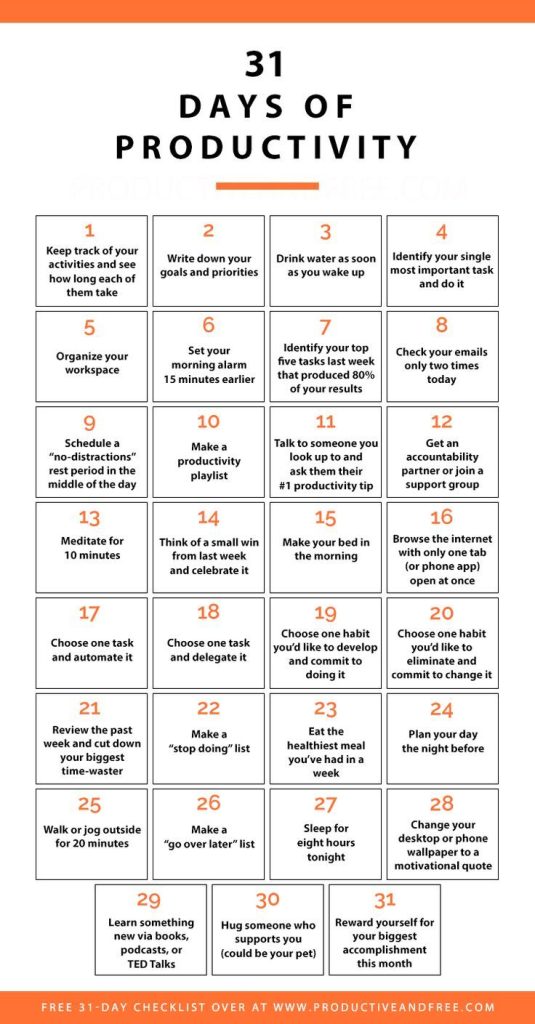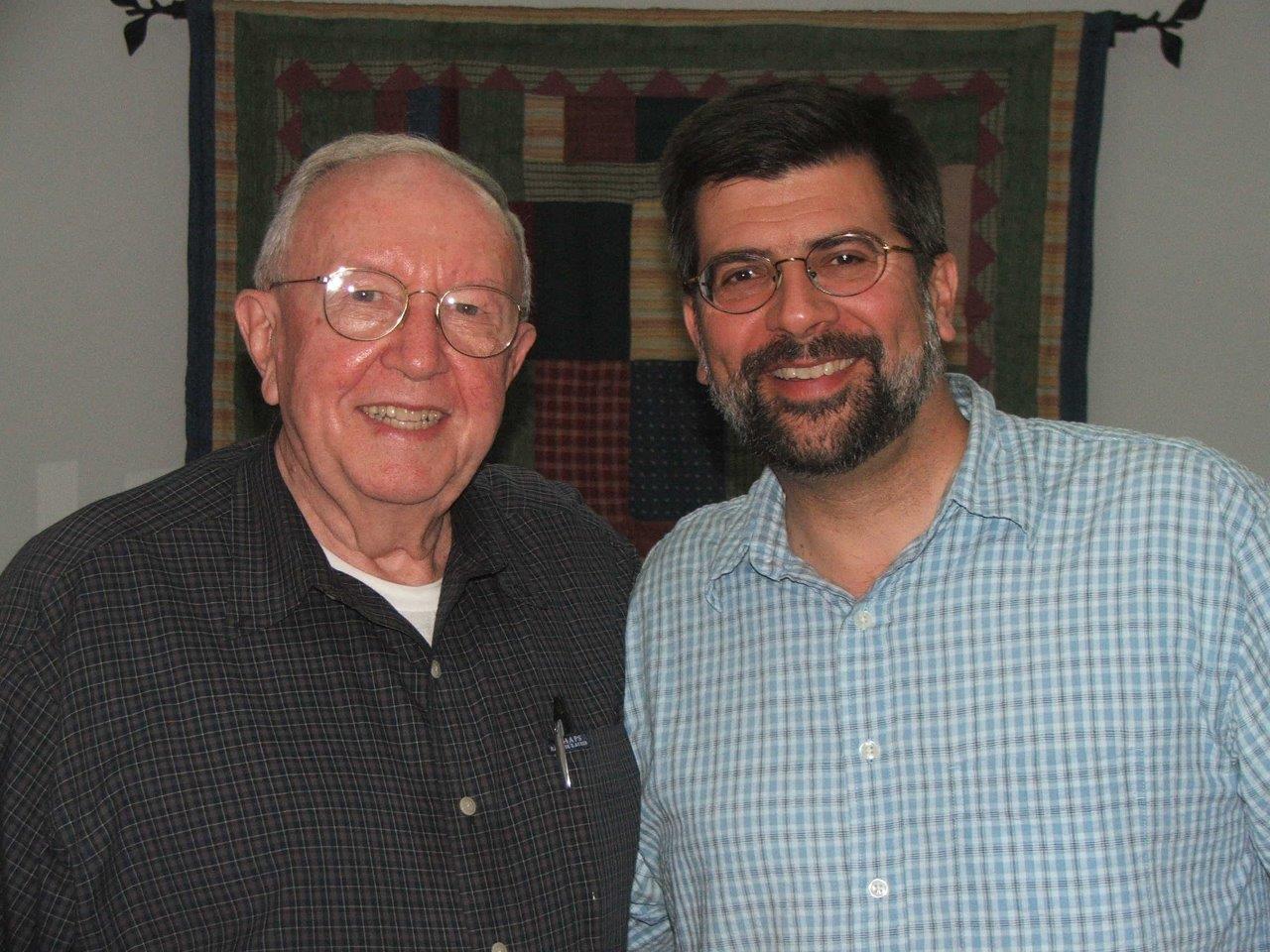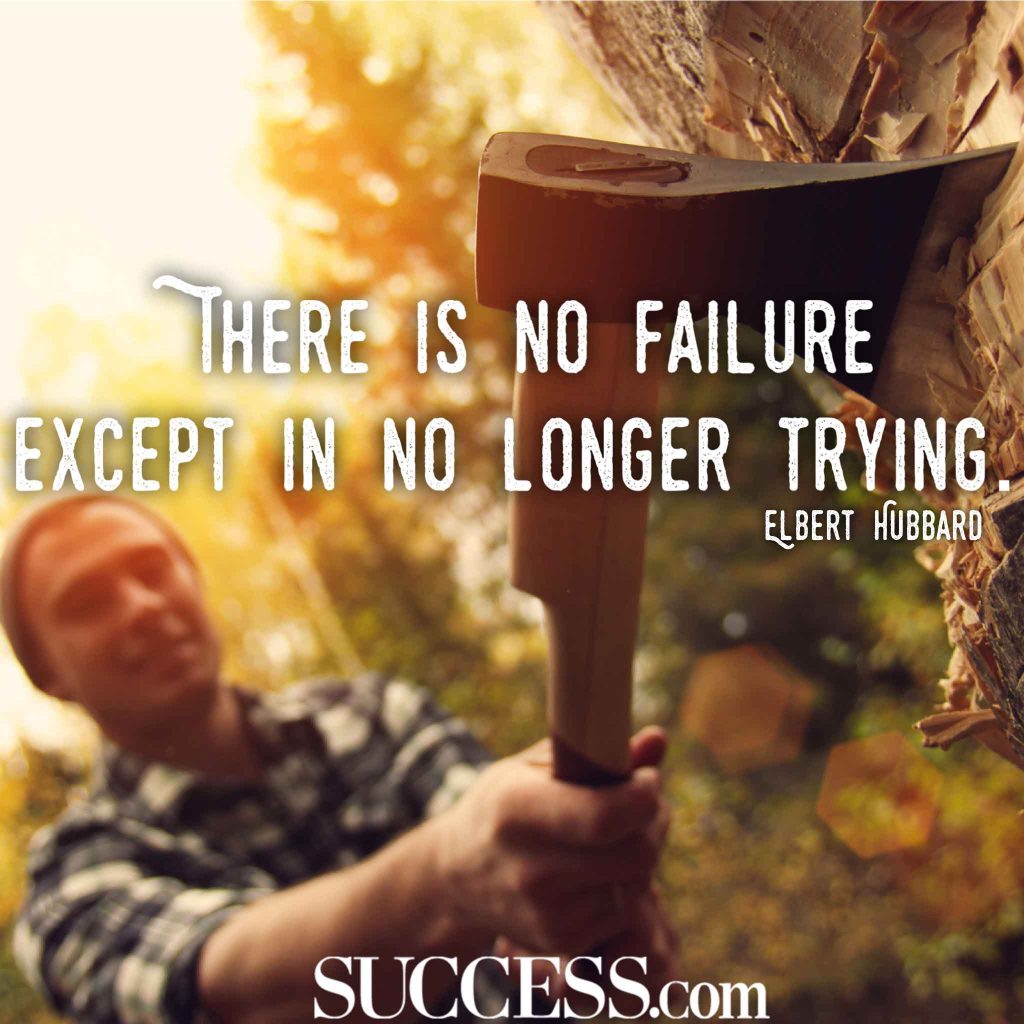
[Before jumping into this, let’s take a moment to give space for those who tried for a long, long time…and then felt there was no recourse but to give up. I have given up, too, in some situations, with some relationships…either because I lost hope, or heart, or strength, or opportunity, or time. We all have such stories. Today, let’s pause and consider the large and life-affirming possibility of just NOT giving up.]
Have you said any of these things recently? “I quit!” “I’m tired of trying.” “I give up.” “It’s not fair.” “It’s not worth it.” “Why do I have to do everything?” “It won’t last.” “There’s no use.” “I’m just not good at it.” “What difference does it make?”
Words matter. They can move us toward positive outcomes or negative ones. The negative affirmations above, spoken or just thought, sound true. Some may even be factual. They move us to action. The problem is when we are moved to act in ways that make things worse instead of better.
Negative Affirmations: Why You Should Avoid Them – Sanju Pradeepa
13 Reasons Why You Give Up So Easily (+ How Not To) – Natasha MacFarlane
Whether it is your job, a lifestyle change, or relationship…we choose whether to be proactive or reactive. Whether we give up or keep at it. Bit by bit. Day by day.
All of life is a journey. We move toward one another or away. Our temptation is to self-protect…or protect someone we love thinking it requires pulling away from someone else. We can give up without even realizing it. Just in the disappointment…the distancing. We pull away from possible solutions. They are just too hard. Or are they?
When we get to the point of giving up, it’s not just giving up on that person, but giving up on ourselves in relationship to that person. Maybe even giving up on God to help us repair the rupture, thus opening one between us and Him.
You may think I am philosophizing or making this too simple. Believe me, I totally get how complicated “not giving up” can be. And painful. And even isolating. However, giving up is more isolating…and potentially more painful. We can bury the pain, cover it over, but it’s still there.

Now, we may not be able to restore the relationship…or heal a family wounded by rupture…but when we quit on them, the door to repair, from our side, closes.
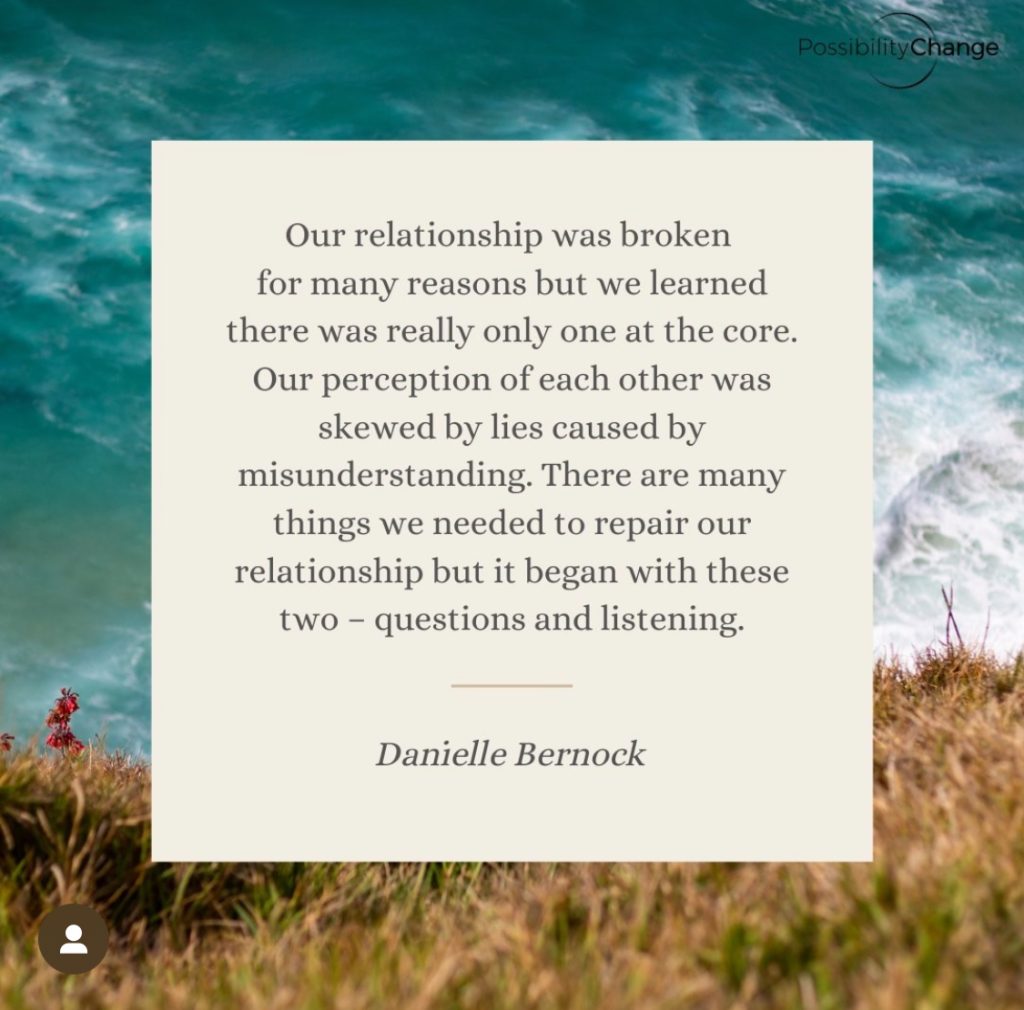
The day will come, I am hoping and believing, with God’s help, that we will see good come through this hard place. For me, I am NOT giving up.
Stories of feeling the need or desire to quit abound. It may be your story as well. There is no blame here. No shaming whatsoever. It’s what we do with our stories that matters.
Attorney, writer, coach Marelisa Fabrega offers 8 strategies for not quitting. Her commentary is thought-provoking so don’t miss reading the article. I’m listing her strategies and adding my own quick thoughts.
- Adopt an “I Won’t Quit” Mindset. Make that decision ahead of the situation. When Dave and I began talking about marriage together, we both stated pretty emphatically that, for us, divorce would be off the table. I grew up in a blended family and divorce impacted all my brothers’ adult lives. With Dave, it was extended family who experienced the pain of divorce, and his family felt that pain. Marriage has had its hard seasons for Dave and me, but we fought through together. [Not everyone gets that opportunity as the other spouse can ditch the marriage without your input. I get how painful that is.] Whether in marriage, friendships, work, or physical/mental health, an “I won’t quit” mindset gives you fortification in hard situations.
- Watch Someone Else Persevere. It is a beautiful and poignant thing to watch when loved ones refuse to quit. I’m not saying to be a doormat or to continue to take terrible abuse. What I’m talking about is when people keep pressing forward in tough work or relationships when everything in their being and all those around are screaming, “Quit!” Two women come to mind here. One friend went though a struggle early in her marriage when her husband had an affair. All our friends (but me) advised her to divorce him and make him suffer for what he did to her. I asked her, “Do you still love him? Because if you do, and you could imagine being willing to take him back…wait.” She did love him and she decided to wait. He came back, wholeheartedly repentant. They went on to have a beautiful marriage, children, and now grandchildren. Another friend is in the furnace of a difficult relationship right now. I am watching her persevere. She has strong faith in God and a few deep friendships who are cheering her on. I believe she/they will make it.
- Call Someone. This is huge! I’m thinking have more than one person you can trust to be with you (and for you) in this arena when quitting feels like all you want to do. If you’ve already decided up-front that you want to not give up, these friends and family can stand with you when the battle has exhausted you. They are for you. Hopefully they are also for your spouse and family member. It’s better to have folks who are fighting for you AND for your relationship. Not out of some scruple or moralistic platform, but because it’s your life and your battle. It’s what you want. [That may change at some point down the road, and if it does, these same people who love you will still be there.]
- Go Back to Your “Why”. It’s extremely important to have a why for not giving up. A list of why’s, even better. I have loved ones very close to me who, if treated badly or served poorly, will determine not to trust an individual or business anymore. They just won’t go back. This is a much smaller situation than a deteriorating relationship. However, I’ve never understood the why and, after reading Fabrega’s piece, I plan to ask. These same people do not quit on family relationships, for which I’m grateful. So…we need to go back to our “why’s” of staying in relationship, or in a job for that matter.
- Find a Different “How”. If a difficult boss is blocking the way for you to succeed at a job you once loved, figure out a respectful work-around. If the approach you have always used for managing conflict in your marriage isn’t working, think of a different way. If you continue to struggle with managing a healthy lifestyle or avoiding cycles of anxiety/depression, seek help (counseling, coaching/mentoring, medical advice, support groups). Find another way forward. Outlast the person or problem.
- Succeed at Something Else. If you have been immersed in a painful situation, determining not to quit, you may just need a respite. A brief reprieve. A focus elsewhere for a few hours or days will be refreshing. Not seeing success in an area important to us colors how we feel about our self globally. Even when success isn’t visible to us, it may be coming, so we don’t give up. For that second wind, we might be refreshed by setting our sights on areas where we are seeing success (work, health, hobbies). Preferably, we do both – staying in the battle and interspersing life-giving activities.
- Use Failure as a Stepping Stone. No retaliation. No victim mentality. You have already made the decision of what kind of character you want in life. Keep growing. Don’t let failure define you. It actually may not even be your failure at all. So, as much as you can yourself, live the life and be the person you want to be. It is a journey after all.
- Keep Chipping Away. Like Fabrega has already said so well…keep going. Keep doing what you know is right. This is part of your story. Whatever happened in the relationship or work situation, you are making a future for yourself, and maybe for your children or family. Again, who you are is much more than what you’ve come through. – How to Not Give Up – 8 Strategies For Not Quitting – Marelisa Fabrega

I’d like to add a 9th strategy:
9. Look for Beauty. It is there. Just outside. Or just there within reach. Just in all the reasons you are you.
I’ve read all of psychiatrist Curt Thompson‘s books and he has inspired me to look for the beauty in front of us even in situations where we feel like giving up. He inspired Bill Haley to write an essay on beauty. Here is an excerpt:
“Etty Hillesum, a young Jewish woman from Holland, wrote one of the most truly amazing things I’ve ever read. The context of her words makes all the difference. She wrote them while imprisoned at Westerbork transit camp waiting to be taken to Auschwitz, where she died in 1943 at age 29. Her diaries and letters were compiled into An Interrupted Life.
A very hard day. But I keep finding myself in prayer. And that is something I shall always be able to do, even in the smallest space: pray. And I know for certain that there will be a continuity between the life I have led and the life about to begin…
I often walk with a spring in my step along the barbed wire and then time and again it soars straight from my heart — I can’t help it, that’s just the way it is, like some elementary force — the feeling that life is glorious and magnificent, and that one day we shall be building a whole new world. Against every new outrage and every fresh horror we shall put up one more piece of love and goodness, drawing strength from within ourselves. We may suffer, but we must not succumb…
Once you have begun to walk with God, you need only keep walking with Him and all of life becomes one long stroll.” – Bill Haley, “Why Beauty Matters Right Now”
What kind of people do we choose to be? With all my heart, I want to be one who is not giving up. My family (immediate and extended) knows I am for them. Also, hopefully other folks as well – friends and neighbors. I’m not going anywhere. This is not just a commitment. This is an issue of character that goes way beyond any circle I’m a part of. It’s the kind of person I want to be. It’s not a small thing. I get it. Probably a God-sized endeavor. God is for all of us. He does not give up. He is not going anywhere. He is in the room…and He is staying.
You may say…well, you haven’t reached your breaking point, and you are right, of course. We can’t know what it will take for us to get to the place that we want to quit. Sometimes, we have no other option but to let go, because the other person is, or appears to be, already gone. My hope and resolve is to hold out as long as possible. Who knows what difference that could make? I’m holding onto that.
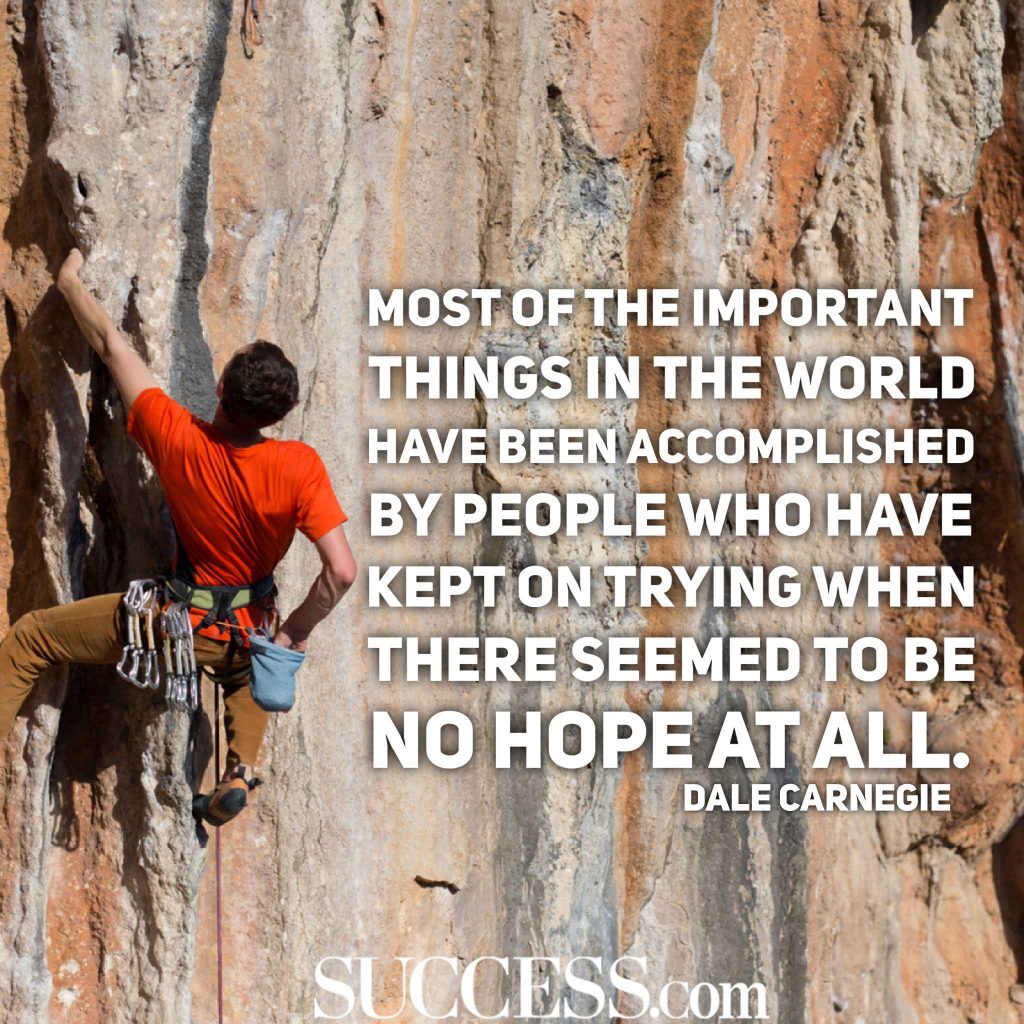
117 Never Give Up Quotes (+ My 5 Favorite Tips to Help You Keep Going) – Henrik Edberg









